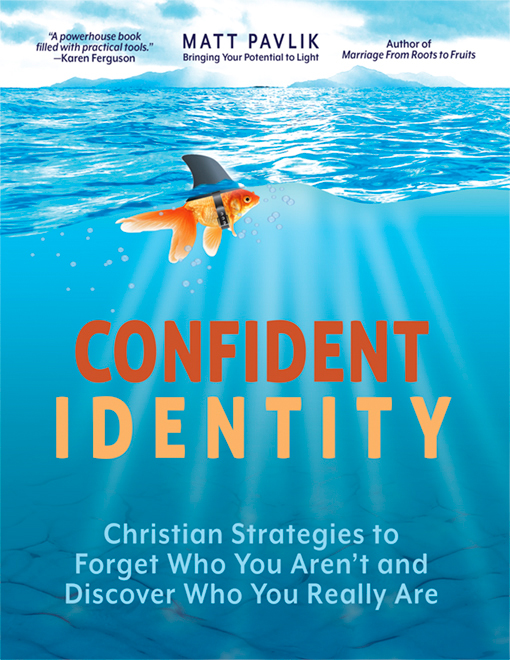Reading time: 4 minutes
You can’t be a little bit pregnant. You’re either pregnant or you’re not. The same can be said for salvation. You can’t be a little bit saved. You’re either saved or you’re not. But once you are saved, can you return to an unsaved state?
At first reading, Philippians 2:12 seems to indicate that you can lose your salvation.
Therefore, my beloved, as you have always obeyed, so now, not only as in my presence but much more in my absence, work out your own salvation with fear and trembling,
Philippians 2:12 ESV
People with a law-based mindset might interpret”fear and trembling” in its most negative connotation. This might be done to maintain leverage and control. If a wife fears her husband’s sin, she might be tempted to manipulate him by telling him that if he doesn’t stop sinning, he will lose his salvation.
But this only sets up a state of constant anxiety. Can Paul be writing to Christians with such a positive message in Philippians, but then throw in such a negative statement? Other scriptures beyond verse 12 reveal an interpretation consistent with once-saved, always saved.
Salvation is Peaceful (not stressful)
The Bible uses the phrase “fear not” (or “be not afraid”) over 100 times. 1 John 4:18 shows that God does not want us to live in fearful anxiety. God, through His love, is working the fear out of us.
There is no fear in love, but perfect love casts out fear. For fear has to do with punishment, and whoever fears has not been perfected in love.
1 John 4:18 ESV
Fear has two different meanings or contexts. You can “fear” when something terrible is likely to happen. This kind of fear occurs as you rely on yourself. You can also “fear” when you are dependent upon someone else. You can fear being abandoned. You can either trust God or fear that He will abandon you.
Salvation, when understood correctly, will result in less worry. Instead of focusing on avoiding negatives like, “Don’t go near the cliff, you might fall,” you can trust God and spend your time climbing mountains for God.
The non-Christian who climbs up the face of the cliff under their own power should fear falling. But not the Christian. Salvation grants “anti-gravity boots” that protect from a catastrophic loss. There can still be consequences for sin, but never a loss of salvation.
Salvation is Serious (not trivial)
Paul’s use of “fear and trembling” means to pay attention, be alert, take a personal interest in, or take it seriously. You can only do this if you are humbly dependent upon God. A prideful attitude would be fearless, careless, and boastful. But eternal life and its accompanying faith are a free gift so that no one can boast (Ephesians 2:8-9).
Reading further in Philippians confirms this:
for it is God who works in you, both to will and to work for his good pleasure.
Philippians 2:13 ESV
Working out your salvation with fear and trembling means you should take your spiritual growth seriously. The more you comprehend salvation, the more you will show deep respect for God’s work in you. The CEV uses different wording that helps this come across:
My dear friends, you always obeyed when I was with you. Now that I am away, you should obey even more. So work with fear and trembling to discover what it really means to be saved. God is working in you to make you willing and able to obey him.
Philippians 2:12-13 CEV
Salvation is God-Powered (not self-powered)
Someone who isn’t a Christian might get the wrong idea: I can take my eternal security and abandon God. But eternal security and God are inseparable. You can’t have one without the other. If you have God, you have eternal security; if you have eternal security, you have God.
What should your response be to God’s work to enable you to obey Him? How about humbly working out your salvation, as you see it unfold before your eyes? God is the one who is enabling you to accomplish His great purposes.
Don’t take credit for your salvation. Recognize you are dependent upon God. Even though you have eternal security, you aren’t self-sufficient. Your eternal security is possible only because of God’s love and power. Your fear and respect for God should help you desire to move closer to God and to know and receive His love.
This post is part of a series on eternal security. You can read the introductory post: eternal security means full assurance of salvation.
Image from PxHere.
Matt Pavlik is a licensed professional clinical counselor who wants to see each individual restored to their true identity. He has more than 20 years of experience counseling individuals and couples at his Christian counseling practice, New Reflections Counseling. Matt and Georgette have been married since 1999 and live with their four children in Centerville, Ohio.
Matt’s courses and books contain practical exercises that help God’s truth spring to life:





Leave a Reply